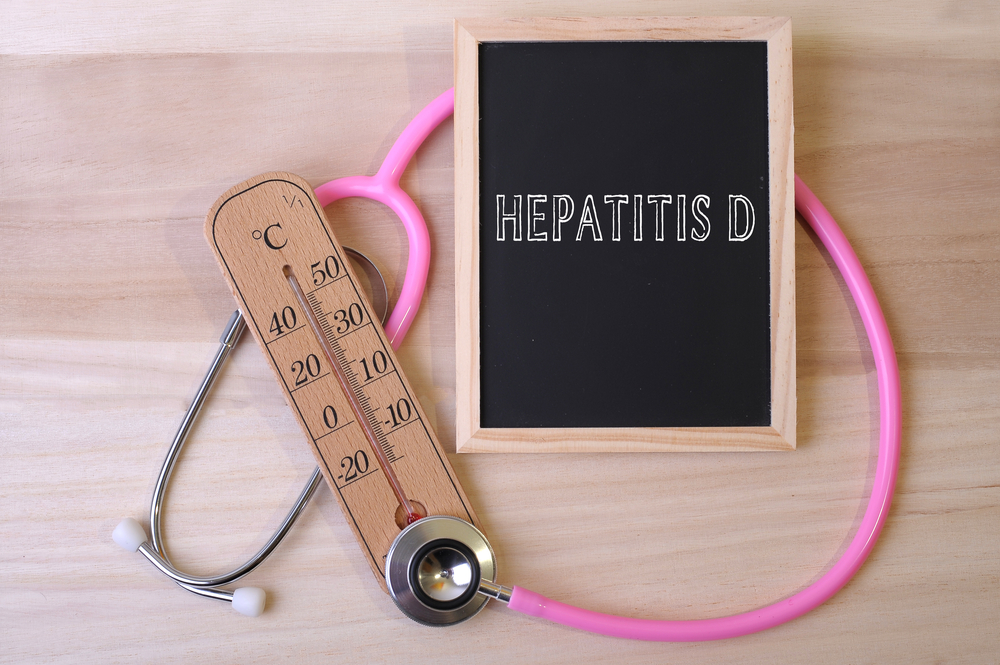DIAGNOSIS
If you have symptoms of Hepatitis D, call your doctor right away. To diagnose that you have Hepatitis D, your doctor may suggests:
- Blood Test- That can detect anti-hepatitis D antibodies in your blood. If antibodies are found, it means you’ve been exposed to the virus.
- Liver Function Test- This is a blood test that evaluates the health of your liver by measuring the levels of proteins, liver enzymes, and bilirubin in your blood. Results from the liver function test will show whether your liver is stressed or damaged.
TREATMENT
There is no known cure for Hepatitis D. Antiviral medications that used to treat other forms of hepatitis are believed to be ineffective in treating HDV.
For up to 12 months, you may be given large doses of Interferon. This medication may stop the virus from spreading that may lead to the remission from the disease. However, it doesn’t ensure total healing.
Liver transplants may be required for people who have cirrhosis or another type of liver damage. In this surgical procedure, a damaged liver is removed and replaced with a healthy one from a donor.


